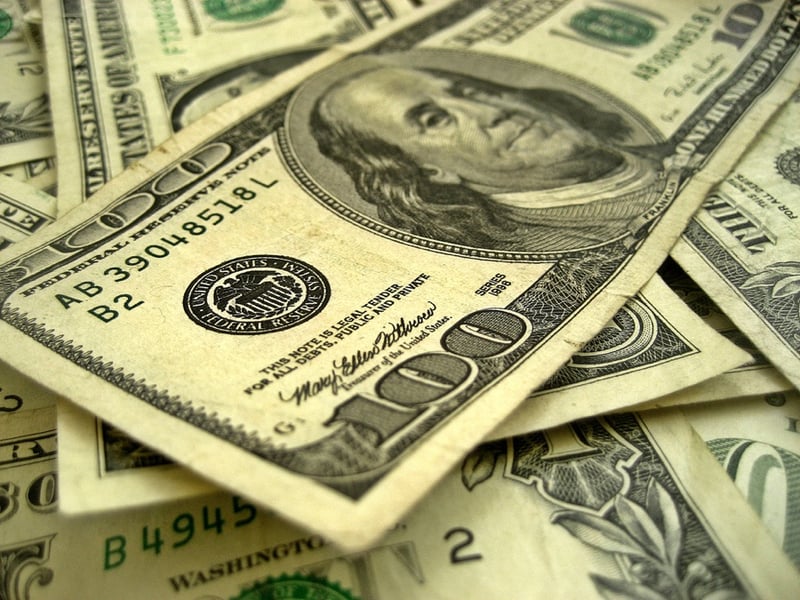Societe Generale economist says the 'dollar economy' is going the wrong way.
For insight into the current state of financial markets, look no further than the strengthening U.S. currency. That's what Michala Marcussen, global head of economics at Societe Generale SA, has been telling clients.
What she calls the “dollar economy,”global gross domestic product expressed in terms of greenbacks, is going the wrong way. The exchange rate's surge has shaved about 5%, or $4 trillion, off the world's GDP on that basis between July and the middle of last month.
The last time there was such a contraction was the crisis year of 2008, when it lost more than 10%, or $7 trillion.
The surest route to a recovery in the gauge is if economies grow faster than the dollar, she said. While that should happen, given the monetary stimulus and cheap oil sloshing around, failure would make 2015 a “pretty gloomy year,” Ms. Marcussen said in an interview this week.
Whatever your market, the moves can be explained by the dip in the dollar economy, she said.
Take the rout in commodities. As they tend to be priced in dollars, when the U.S. currency rises, then demand for oil and metals is eroded in economies with depreciating exchange rates.
The slide in U.S. Treasury yields? Ms. Marcussen says the rising dollar reflects how monetary easing outside the U.S. is driving capital into America.
PROFITS CURBED
As for stocks, the stronger dollar curbs corporate profits; about 40% of after-tax earnings of Standard & Poor's 500 companies come from overseas. DuPont Co. and Bristol-Myers Squibb Co. made forecasts that trailed predictions in part because of the stronger dollar.
Increased volatility can also be explained by the dollar's rise. The Bank for International Settlements said last month that dollar credit to non-financial borrowers outside the U.S. accounted for $8 trillion in the middle of last year, compared with $2.6 trillion in euros.
“If central bank accommodation and lower commodity prices fail to sufficiently boost GDP and inflation elsewhere in the world, the dollar economy is likely to shrink further,” said Ms. Marcussen. “From a fundamental point of view, this is clearly downside risk.”







